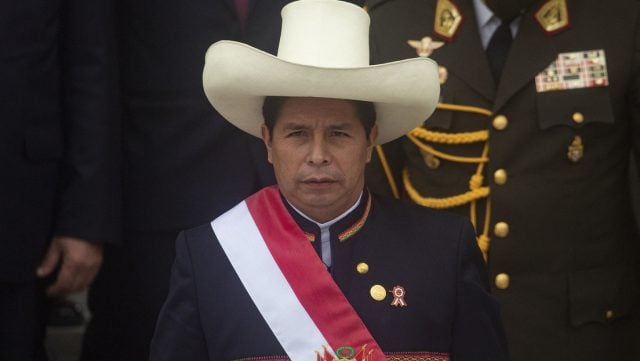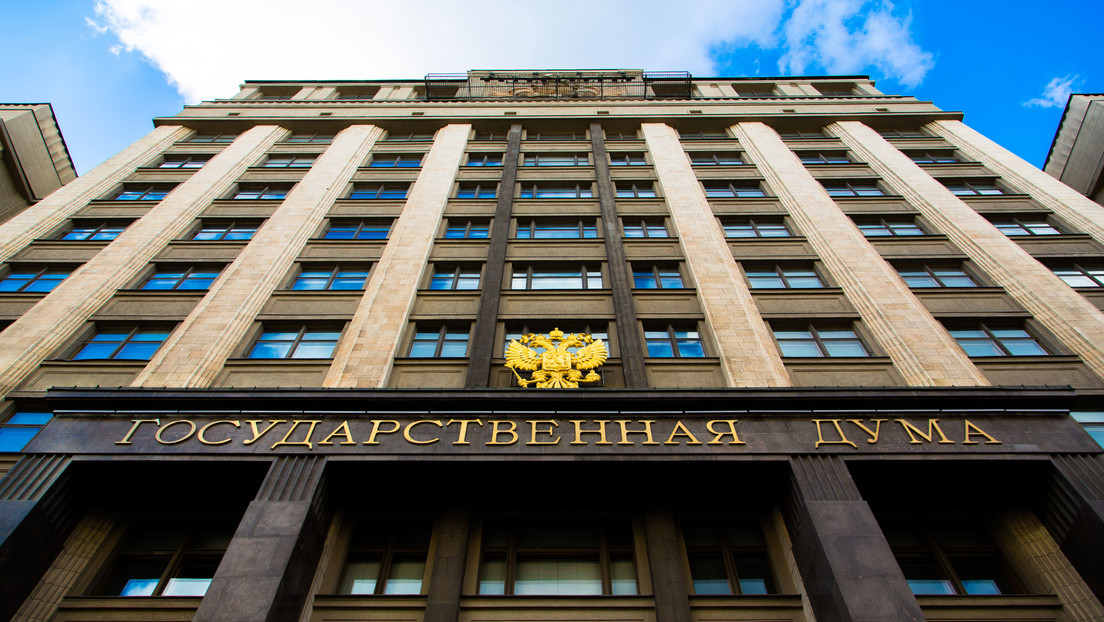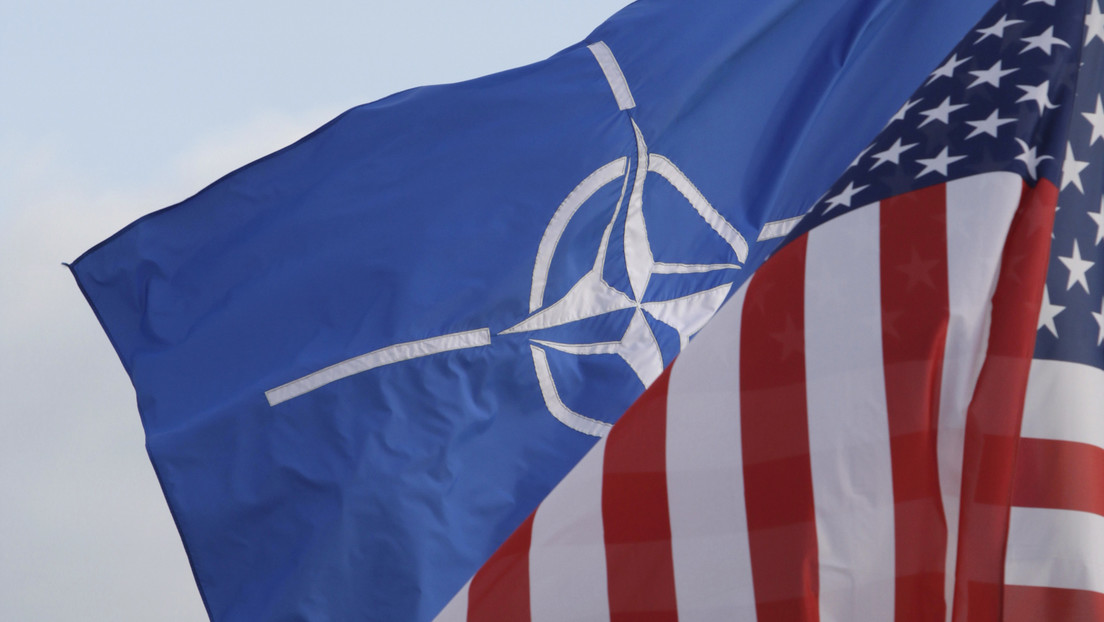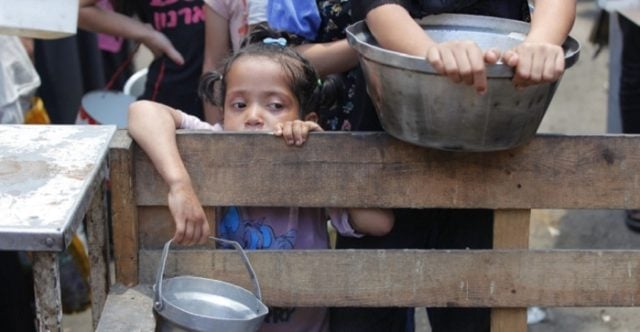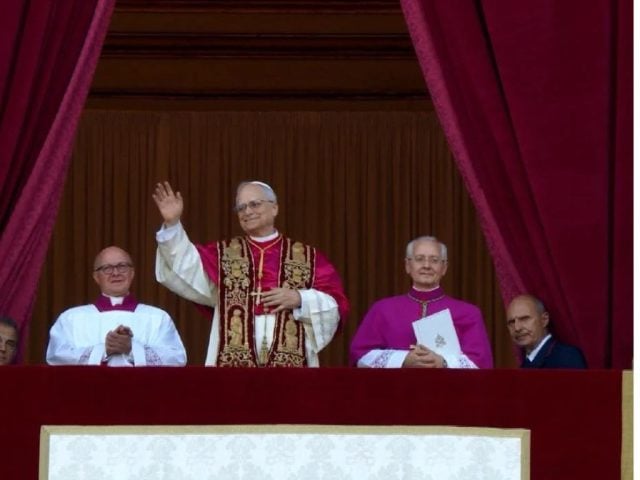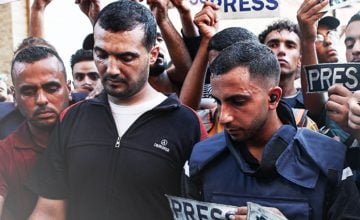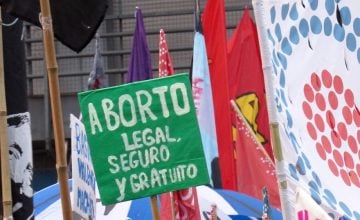In Peru, the attacks against President Pedro Castillo do not stop. Again and again they try to overthrow him. The Peruvian power groups, the media and the right-wing parties do not seem to want to rest until he is out of politics.
After appointing his fourth prime minister in seven months and witnessing the resignation of dozens of ministers – removed from office as they are fiercely attacked – we all wonder about the real possibilities of Peru stabilizing a government that has not had a ‘honeymoon’ and that has been the object of unprecedented pressure, despite the short time he has been exercising his mandate.
Each new attack against him (Castillo) has a new degree of complexity. This week, the subcommittee of constitutional accusations of the Congress approved to investigate Castillo for the alleged crime of «treason against the fatherland», explains Ociel Alí López in an article published by RT.
Beyond the accusations of corruption or terrorism, which still have to be investigated by the Justice system, what is clear is that for the deputies of the right and the media, the accusations, by themselves, constitute a definitive justification for the presidential removal.
However, this time the attacks are not only directed at officials appointed by Castillo, but also against deputies from the Acción Popular party who are not affiliated with the president’s movement. These legislators, prevent the advancement of an ‘impeachment’, so five of them have been included, in the latest scandal, in the list of officials who are «in the crosshairs» for alleged acts of corruption.
With this, the opposition recognizes that its attacks on Castillo have been useless and begins to attack his political support, which is none other than that of the moderate and social democratic parties that do not want the return of Fujimorism or the radical right that promotes the presidential overthrow.
Since before his inauguration, in July 2021, the complaints have not stopped and have destabilized any attempt by Castillo to undertake his own government agenda.
The new milestone is expected to occur around March 8, when the new premier, Aníbal Torres, must request a vote of confidence for his Cabinet in Congress. This prime minister, who took office a few weeks ago, has been more active in defending the president and has denounced the right-wing attempts to overthrow him as a «coup d’état».
For this reason, the pressure on the deputies of the Acción Popular party seeks to weaken other sectors other than the government so that, as a result of the blackmail of being accused by the media of corruption, they deny the vote of confidence to the new prime minister and as a result, lead Peru to a greater crisis in which there would not be a government formed, as there should be.
Peru: between political breakdowns and social upheaval
In Peru, in recent times it seems that the rope can always be broken, in the sense that it has been very easy to depose presidents in Congress. But the shadow of Chile and Colombia also emerges, neighboring countries whose streets have been filled with protests, something that has not happened in Peru, where the situation has not ‘overflowed’ on to the streets.
With five presidents in a few years, four premiers in six months and dozens of ministers resigning, the constant substitution of faces in the political sphere seems to be the best antidote so that political violence does not reach the streets.
But the advent of Castillo meant the entry into politics of historically excluded sectors, which raises questions about whether an overthrow of the current president will, in some way, make people forget the political-institutional channels, and there could be a violent drift into the streets.
Luckily for Peruvians, this has not happened so far, but neither has a social agenda happened, that is, one that can be implemented. A social agenda like the one demanded by popular sectors, especially rural ones, who managed to win with a little-known candidate, at that moment, like Pedro Castillo.
That is to say, with the hypothetical overthrow of the Government, it is very likely that the definitive disregard of the political institutions by the majority sectors, where social discontent and political apathy abound, will materialize.
Castillo is a populist?
Castillo is constantly accused of populism by Peruvian leaders and the media, but until now he has not appealed to the people in his defense.
Taking into account his experience in social and union mobilizations and political strikes, it is feasible to think that Castillo can summon the sectors close to him such as patrolmen, unions and teachers to defend his government in the streets and prepare for scenarios of greater confrontation.
However, this has not happened either. Until now, Castillo has preferred to moderate his actions and disassociate himself from some radical sectors with which he won the elections, such as the known leadership of his political party Libre Perú, headed by Vladimir Cerrón, who constantly calls on the president to leave the zone of moderation and radicalize his speech.
Time is running out for Castillo, and Peru needs some certainty about where his government is going: if at some point they will let Castillo govern or if his removal is just a matter of time.
